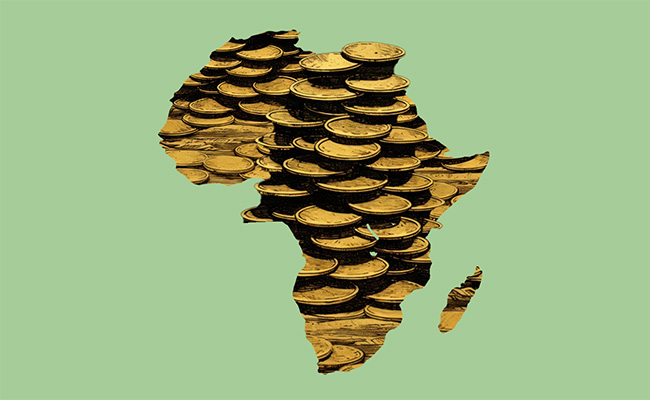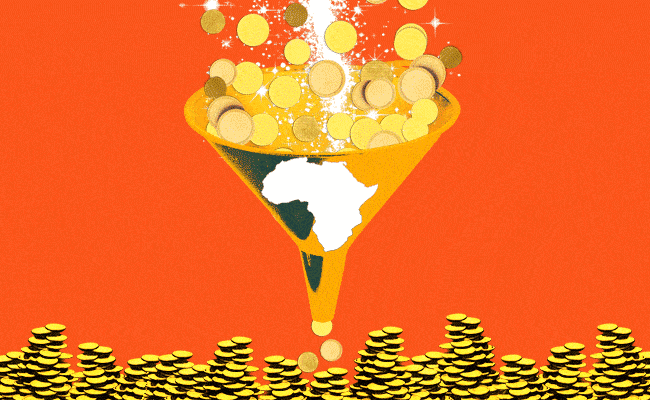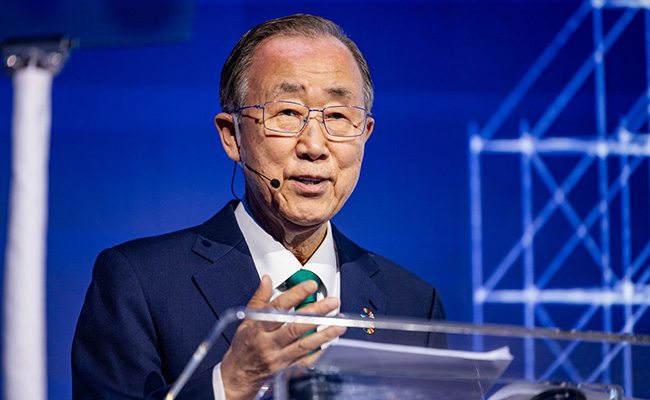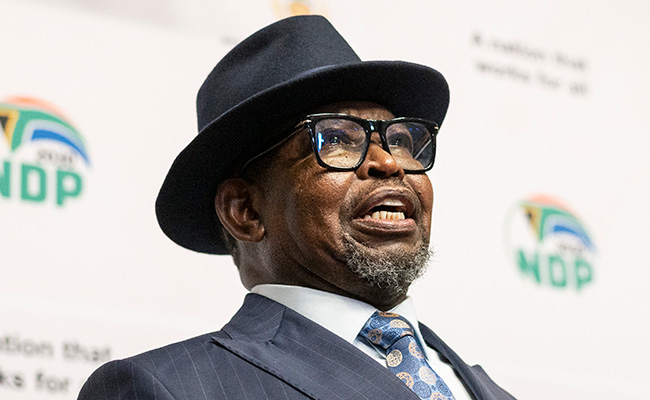African equities have roared back to life, capping a 12-month surge that portfolio managers say looks less like a sugar high and more like the release of a tightly wound spring. Long-shunned bourses from Cairo to Lagos are rebounding on policy resets, easing inflation and improving liquidity.
From Lagos to Cairo, Casablanca to Abidjan, stock indices that for years have languished in obscurity and illiquidity have surged in 2025, producing returns that are startling: Allan Gray’s Africa Fund is up 54% year-to-date and 51% over the past 12 months in dollars. Coronation Fund Managers’ Africa Frontiers Fund is not far behind, clocking a 52% gain over the past year and 25% annualised over three years. Old Mutual’s African Frontiers Strategy is also riding the wave, propelled by telecoms and banks in Ghana, Côte d’Ivoire and Senegal.
For markets long dismissed, this is a reversal few saw coming. For the 10 years to December 2024, the MSCI frontier emerging markets index, which tracks a basket of companies, returned a paltry 0.5% per annum in US dollars.
“People got increasingly disenchanted about Africa,” says Rory Kutisker-Jacobson, portfolio manager at Allan Gray. “Valuations just got cheaper and cheaper to the point where it was like a coil waiting to spring. Most African markets are up 30, 40, 50%. Things have gone from extremely cheap to cheap. You’re still paying single-digit multiples for a number of these companies.”
In Allan Gray’s Africa Fund, Nigerian banks like GTBank and Zenith, oil producer Seplat Energy and Egypt’s near-monopoly Eastern Tobacco have all delivered. “It’s bitcoin-quality returns – but with underlying cash flows,” Kutisker-Jacobson quips.
If Allan Gray frames this as a story of patient value finally rewarded, Coronation’s Peter Leger emphasises the structural improvements that have removed long-standing “handbrakes”.
“In this space, there are a bunch of canaries that we monitor,” Leger explains. “The closest are the spreads on currencies and how quickly we can get access to the official rate. Right now they’re all looking very perky, singing beautifully. We’re not seeing the distortions we had in Egypt or Nigeria before.”
The result: capital can move, valuations make sense, and portfolio managers can actually trade their books.
Cavan Osborne, portfolio manager at Old Mutual, says the core story is structural. “Ghana, Côte d’Ivoire and Benin have consistently delivered robust economic growth, underpinned by strong demographics, rising urbanisation, and expanding consumer markets,” he says. “We see no material reason for this momentum to slow.”
Old Mutual’s picks reflect this theme: MTN Ghana, Société Générale Côte d’Ivoire, Solibra (the dominant beverage company in Abidjan) and Sonatel, the Orange-affiliated telecom giant listed on the BRVM. All are leaders in their sectors, regionally scalable, and delivering earnings despite currency wobbles.
Leger cites Egypt as a standout. Years of punishing interest rates and frozen forex markets have given way to liberalisation, International Monetary Fund-backed reform, and rate cuts – more than 600 basis points this year alone. “It’s like releasing a huge handbrake,” he says.
In Coronation’s portfolio, Telecom Egypt stands out – a play on mobile penetration, Vodafone Egypt and mobile money. Morocco’s HPS, a payments processor with clients as far afield as South Africa, exemplifies the kind of under-the-radar regional champions Leger prefers.
“Our fund is highly concentrated,” he says. “Fifty percent is in our top 10 positions. When those companies do well, it makes a big difference.”
All three managers point to the same drivers of this year’s blowout rally:
- Forex and monetary reforms. Egypt’s devaluation and Nigeria’s forex liberalisation, painful in the short run, cleared blockages that had trapped capital for years. “When the front-page news is negative, that’s often when we get most excited,” Kutisker-Jacobson notes.
- Rates relief. With policy rates finally falling from crisis peaks, borrowing costs are easing. “Cutting back towards normal lets earnings come through on already cheap valuations,” Leger says.
- Stronger external positions. Ghana’s central bank has consolidated gold exports, bolstering reserves. Côte d’Ivoire benefits from the CFA franc’s euro peg, which gives foreign investors a measure of stability.
- Corporate austerity. Years of high interest rates left African corporates lean. “They’re not carrying lots of debt,” Leger says. “Now that rates are coming down, the impact on earnings is amplified.”
An evolving investment story
None of this is to say frontier investing is risk free. “The biggest headache is volatility,” Kutisker-Jacobson cautions. “You can have years like this one, up 50% in dollars, but you can also have years down 20%-30%. You need a five-year horizon.”
Capital controls remain a live risk, as both Egypt and Nigeria showed post-Covid. And the broader political backdrop is fragile: coups in the Sahel, elections in Nigeria and Ghana, and enduring questions about governance.Yet the managers agree: relative to developed markets, Africa is still cheap. Dividend yields are fat, price:earnings multiples low, and many franchises are dollar earners in disguise.
“Multiples and dividend yields are still extremely cheap,” says Leger. “Especially if you look over the fence at developed markets, where everything is priced for perfection.”
Kutisker-Jacobson echoes the point: “There’s a price for everything. Right now investors are still being compensated to take these risks.”
Yet global allocators remain cautious. “We haven’t seen a sudden renewed interest from new investors,” says Kutisker-Jacobson. “As long as the US and the ‘Magnificent Seven’ keep working, most won’t bother to look at Africa.”
But Leger says he is already fielding more questions than at any point in years, a sign that interest is stirring.
If the first act of the rally was multiple expansion on policy resets, the second act will need earnings growth. On that, the managers are quietly confident. Says Osborne: “Africa’s investment story is evolving, and these markets are at the forefront. The next series of returns will be found in the companies driving innovation, employment and regional integration.”
For the first time in a decade, Africa’s frontier markets are not just a “flavour of the month”. They are delivering cash flow-backed returns, supported by structural reform, demographic growth, and still-cheap valuations. The spring may have uncoiled – but there is room yet for another bounce.
Top image: Rawpixel/Currency collage.
Sign up to Currency’s weekly newsletters to receive your own bulletin of weekday news and weekend treats. Register here.













